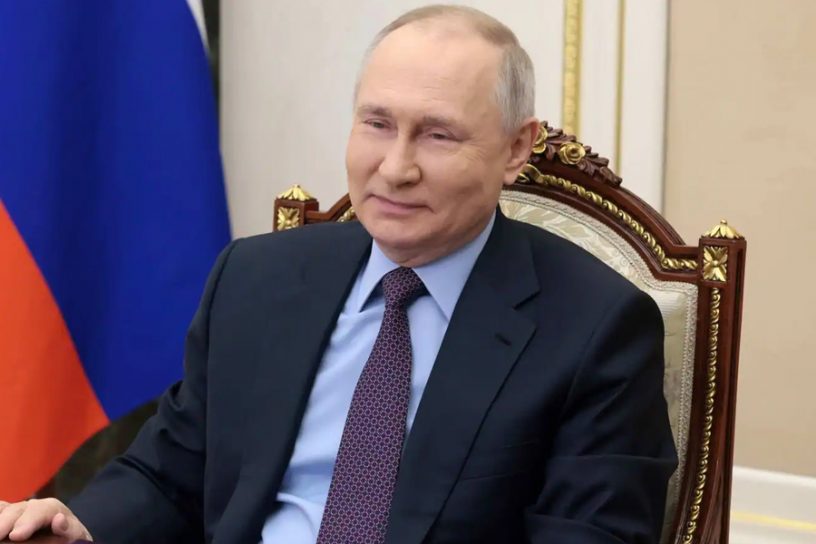
This paper analyses the effect of trade-related coercive measures employed by states against Russia, and the way they can be situated in international trade law regimes.
Authors
Ahan Gadkari, Jindal Global Law School, O.P. Jindal Global University, Sonipat, Haryana, India.
Aryan Tulsyan, Jindal Global Law School, O.P. Jindal Global University, Sonipat, Haryana, India.
Summary
The Russian invasion of Ukraine has had significant cross-border humanitarian and economic impacts, on the parties involved in the conflict as well as the global economy in general. The detrimental economic impacts and Russia’s blatant violations of Article 2 (4) UN Charter have been countered by states taking actions against Russia through economic routes, mainly sanctions.
This paper analyses the effect of these trade-related coercive measures employed by states against Russia, and the way they can be situated in international trade law regimes. The paper explores the essential security interest exception within the framework of GATT and GATS, and after analysing relevant case laws and disputes, establishes the way in which the exception can be applied in the present case of sanctions against Russia.
Published in: HUV Humanitäres Völkerrecht: Journal of International Law of Peace and Armed Conflict
To read the full article, please click here.


